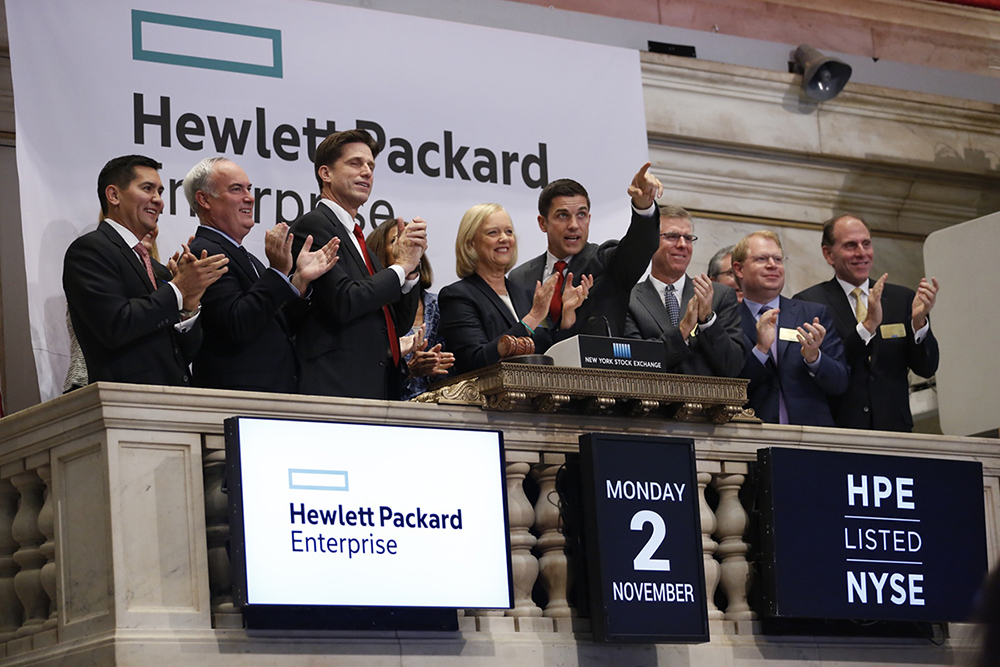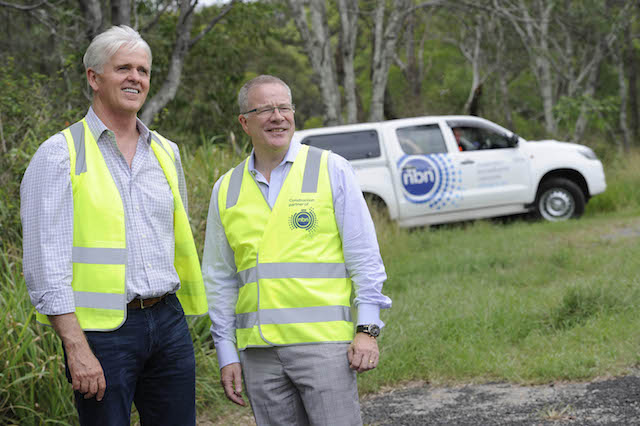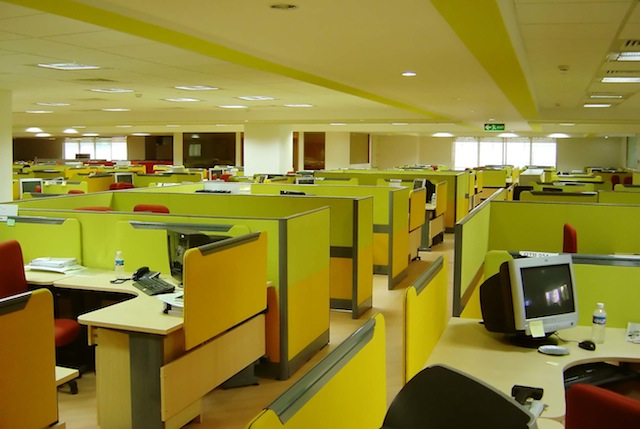Over this week I’ve been posting a series of interviews with the candidates for this week’s Sydney Lord Mayoral election. All of the teams have interesting schemes and ideas on how they can improve the city’s profile as a global tech centre.
While each team’s plans are worthy, it’s worth asking exactly what governments can do to make their communities more attractive to businesses and whether short term subsidies and incentives can help.
There is some evidence they can, prior to San Francisco changing its tax rules the city took second place to Silicon Valley in the southern Bay Area. In the last ten years, the city has become the focal point for the tech industry.
However there is a counter argument that San Francisco benefited on a generational shift of lifestyle preferences away from the leafy suburban lifestyles of Palo Alto and San Jose to the grungy but walkable communities of the Mission and SOMA.
The Bay Area though is a special case, Silicon Valley’s success as a tech hub is based upon massive Cold War tech spending that drove the region’s industry and its that high level support that probably tells us more about government support.
In the case of London and Singapore, the successes have been due to the national governments putting in broader economic reforms and incentives. Also their proximity to Europe and East Asia respectively has made both cities attractive.
On balance it’s those broader economic factors that make regions attractive as industries clusters – local incentives count little compared to access to factors like markets, capital and skilled labour. Taxation is, at best, a secondary issue.
The biggest challenge for Sydney, and most Australian cities, is the the crippling cost of property. In 2013, staff.com released a survey showing Sydney to be second only to Zurich in the cost of establishing a startup.
In many respects, the cost of property doesn’t really matter to prosperous industry hubs – San Francisco, London, Singapore and New York are all eye wateringly expensive and yet they still thrive – however all of those cities have better access to capital and markets, if not labour, than Sydney.
Addressing Sydney’s chronic shortage of affordable accomodation is firmly in the state and Federal governments’ remit and beyond giving property developers a green light to build high rise apartments neither level of government has shown any interest in addressing it.
Similarly, the tax structures which penalise Australian employees of high growth businesses and dissuade investment in early stage ventures are totally the responsibility of the Federal government and it’s hard to see that changing in the term of the current dysfunctional administration.
The relative powerlessness of local governments leaves initiatives by the City of Sydney limited in scope and schemes to promote the city or offer incubator space are peripheral to the factors that encourage the development of a global industrial centre.
Ultimately though, the question has to be how much any government can do to create a Silicon Valley, factors such as labour availability and access to capital come down as much to the community’s attitudes and business’ risk tolerances.
So perhaps we focus on what governments can do for business. Maybe just providing a level playing field can be the best we can hope for.




